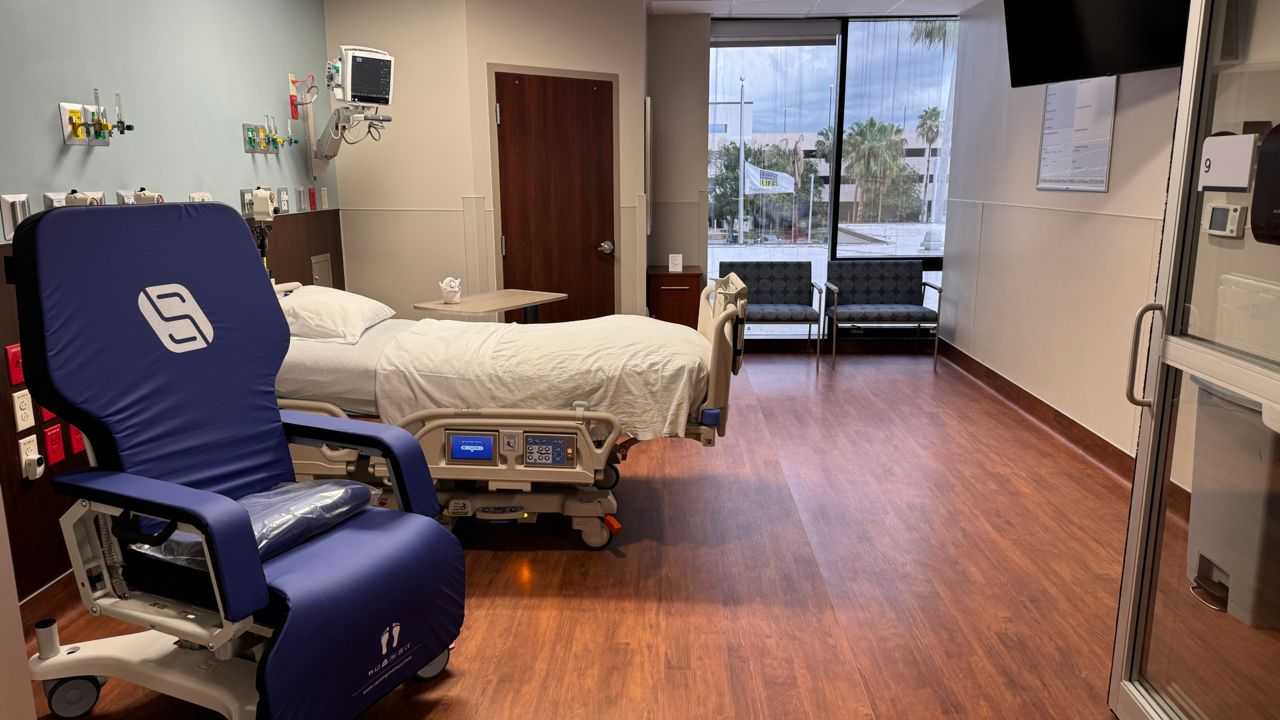TALLAHASSEE, Fla. — Florida lawmakers are once again pushing to roll back the state’s so‑called “Free Kill” law, a decades‑old statute that critics say blocks justice for families whose loved one’s die because of medical negligence.
What You Need To Know
Florida lawmakers are trying again to repeal Florida’s “Free Kill” law
Gov. Ron DeSantis vetoed a bill earlier this year that would have repealed it
The measure cleared its first committee meeting on Wednesday
The current law blocks certain wrongful death lawsuits due to medical malpractice
The bill cleared its first committee stop in the Florida House on Wednesday, marking the latest attempt to reform a law that exists only in Florida.
“This is in no way, shape or form, a bill that is punishing doctors or our medical staff whatsoever,” said the bill sponsor, Fort Pierce Republican Rep. Dana Trabulsy. “This bill is simply to repeal a piece of law that is unjust.”
Under current law, if a patient is 25 or older and has no spouse or children, their surviving family members cannot file a wrongful death lawsuit against a doctor, hospital, or health care provider.
Dr. Andrew Borom, a Tallahassee doctor, rejected the measure’s nickname, saying it unfairly maligns health professionals.
“How utterly offensive it is to refer to this as the ‘Free Kill Bill,’” Borom said. “As if there’s a bunch of physicians who … are sitting around salivating at the opportunity to kill people for free. That’s just gross.”
Gov. Ron DeSantis vetoed the measure in May, citing concerns about excessive litigation, despite overwhelming approval in the Legislature. He suggested lawmakers add caps to lawsuit payouts.
“If you do that,” DeSantis said at the time, “you are totally disincentivizing frivolous lawsuits because they’ll know there’s a limited amount that an attorney is going to be able to recover.”
The current law bars non‑economic damage claims — such as pain and suffering — in certain medical malpractice cases, effectively limiting the ability of parents or siblings to seek compensation.
Rep. Mike Gottlieb, a Davie Democrat who backs the repeal, said he was strongly against the existing statute.
“The law is unjust and discriminatory, and it fails certain families,” said Gottlieb. “It reduces accountability for negligent medical providers.”
Still, some health care and insurance advocates argue the restrictions help keep costs manageable and protect practitioners.
“The insurers are watching and we just ask you to take a balanced approach,” said Vivian Gallo, a health care lawyer. “We’re not trying to take away people’s rights, but we need a balanced impact on our health care industry.”
Lawmakers overwhelmingly passed a version of the proposal earlier this year before the governor’s veto. The question moving forward is whether legislators will add caps on damages to win support from DeSantis and the medical community.

